 Iran’s most powerful military force has warned online media of a crackdown over their coverage of the country’s election crisis.
Iran’s most powerful military force has warned online media of a crackdown over their coverage of the country’s election crisis.
The Revolutionary Guard, an elite military force answering to Supreme Leader Ayatollah Ali Khamenei, said through the state news service that Iranian Web sites and bloggers must remove any materials that “create tension” or face legal action.
The Guards are a separate military with enormous domestic influence and control of Iran’s most important defense programs. They are one of the key sources of power for a cleric-led establishment that has been pushed by the crisis into an extraordinary public defense of the Islamic ruling system.
It was the Guards’ first public statement since the crisis erupted following the presidential election last Friday.
Iranian reformist Web sites as well as blogs and Western Web sites like Facebook and Twitter have been vital conduits for Iranians to inform the world about protests over the declaration of election victory for hard-line President Mahmoud Ahmadinejad.
Despite official warnings and a ban on street demonstrations, some Web sites allied with opposition leader Mir Hossein Mousavi said Wednesday that supporters should gather in a downtown square in the late afternoon.
The announcement raised the prospect of further clashes with security forces. The violence has left at least seven people dead, according to Iran’s state media.
CBSNews.com editor-in-chief Dan Farber noted that several sites are offering information on what is happening on the ground in Iran and other countries, piecing together and triangulating data to create almost real-time snapshots. While it’s often impossible to verify the authenticity of the information, the combined force of the Web in conveying the story from Iran has been unprecedented.
Iran’s government barred foreign media Tuesday from leaving their offices to report on the street protests.
Iran clamped down Tuesday on independent media in an attempt to control images of election protests, but pictures and videos leaked out anyway – showing how difficult it is to shut off the flow of information in the Internet age.
The restrictions imposed by the government made such social networking sites as Twitter and Flickr more prominent – with even the U.S. State Department calling on Twitter to put off a scheduled shutdown for maintenance.
Iranians were posting items online, but it wasn’t known how much of that information was being seen by others inside the country. And although some of the posts on Twitter appeared to be from users in Tehran, others clearly were not.
The crackdown on media kept most Western journalists off the streets of Tehran Tuesday, but it did nothing to stifle the dramatic mass gatherings of political supporters, thousands of whom swarmed the streets of Tehran in rival demonstrations, pushing a deep political crisis into its fourth day despite a government attempt to placate the opposition by offering to recount a limited number of ballots.
Iran’s supreme ruler drew a firm line against any threats to the regime, warning Iranians to unite behind the country’s Islamic system.
Khamenei called for Iranians to unite behind the cleric-led ruling system despite the rival demonstrations Tuesday.
There’s a lot of political maneuvering going on to contain the unrest, and one sign of that is the arrest of at least 100 prominent opposition members – including some senior members of the clergy, reported CBS News correspondent Elizabeth Palmer on Tuesday.
“In the elections, voters had different tendencies, but they equally believe in the ruling system and support the Islamic Republic,” said Khamenei.
(Source: CBS News)

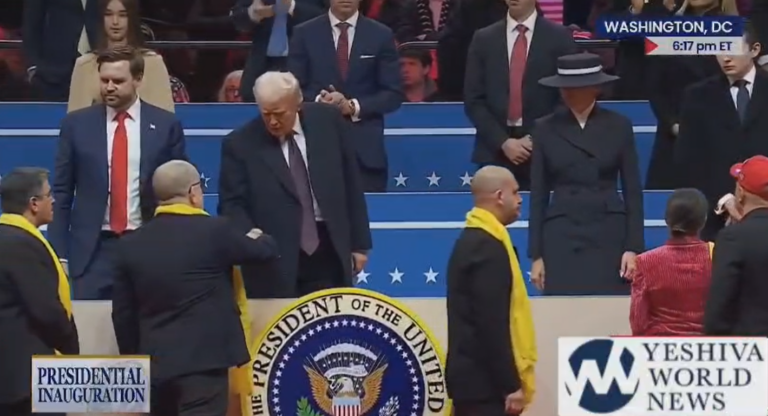

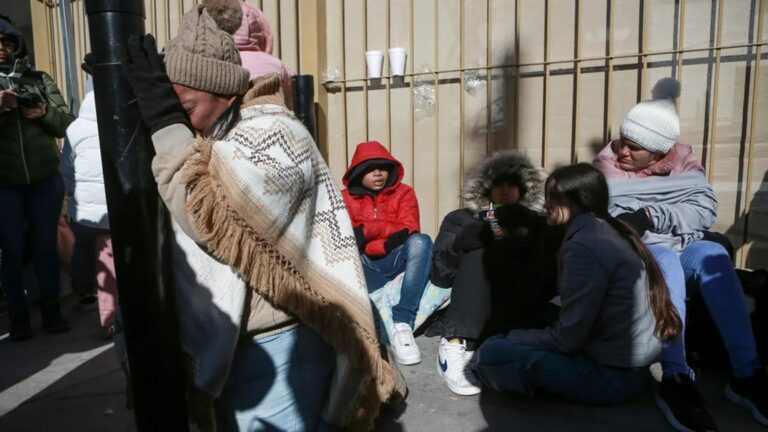
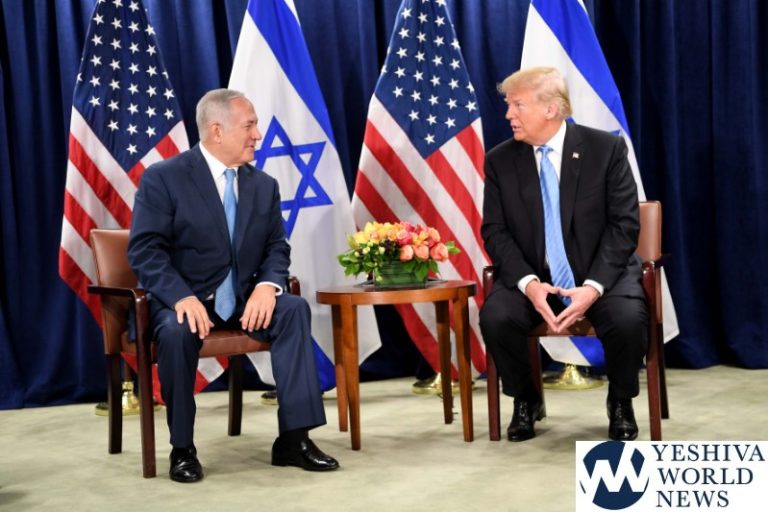

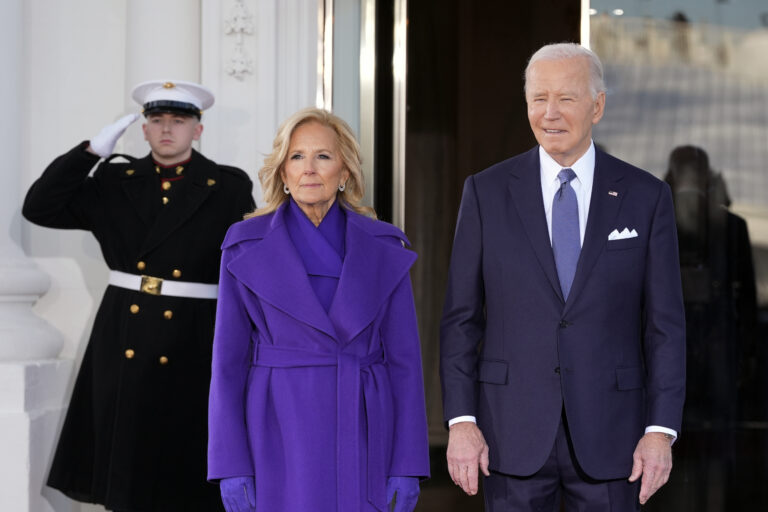
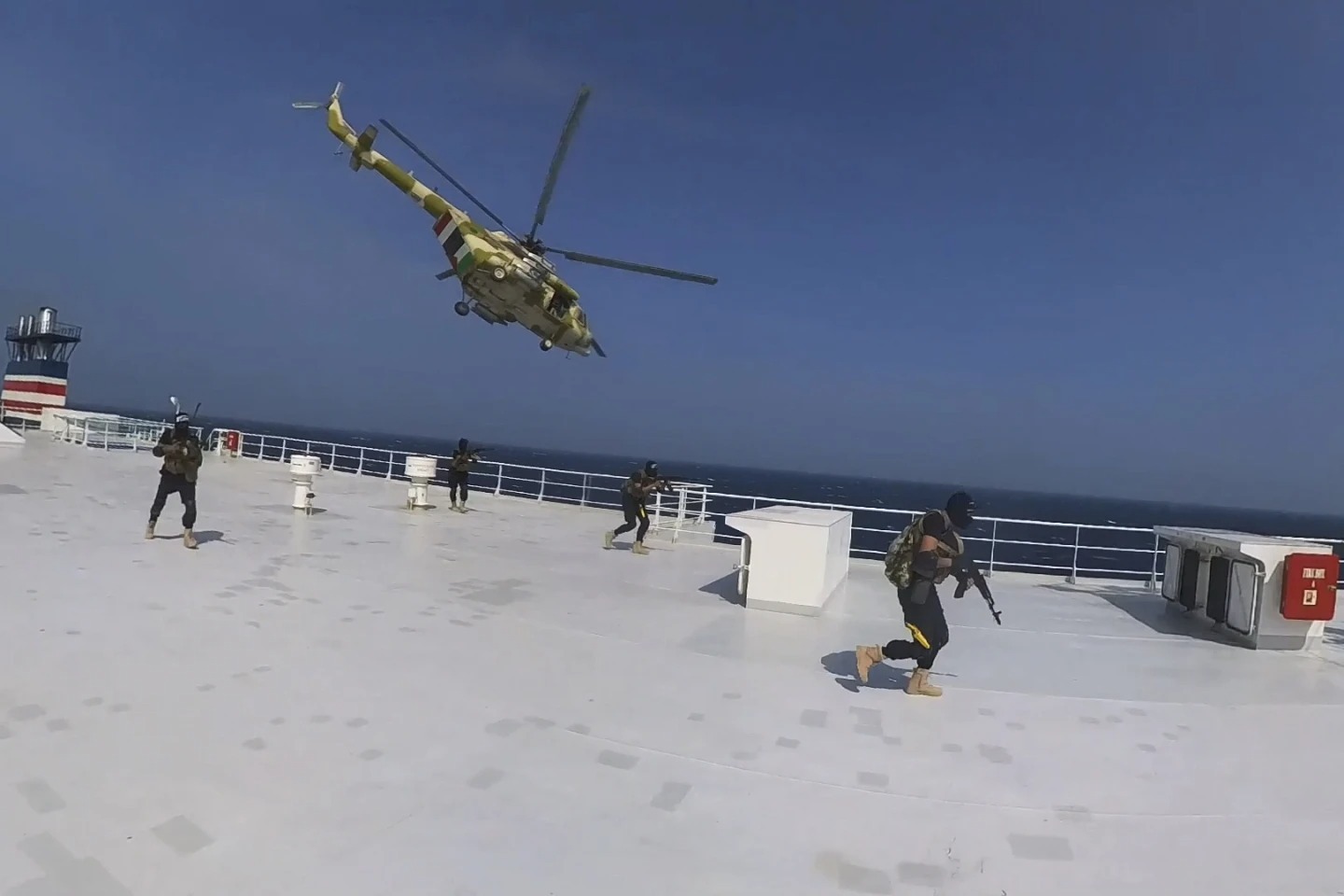
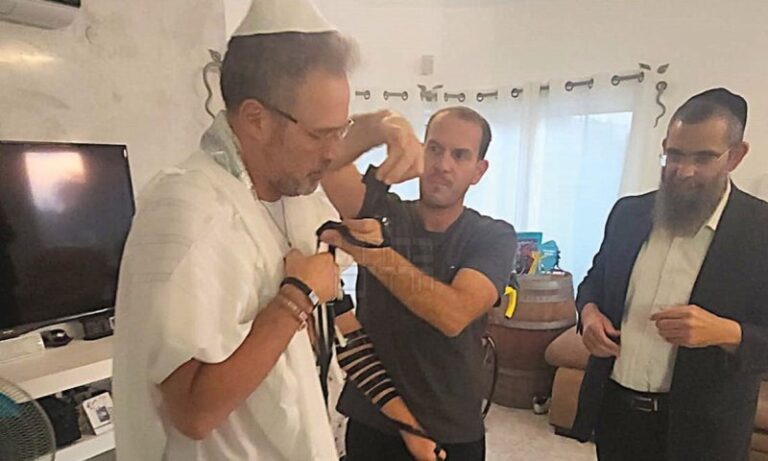
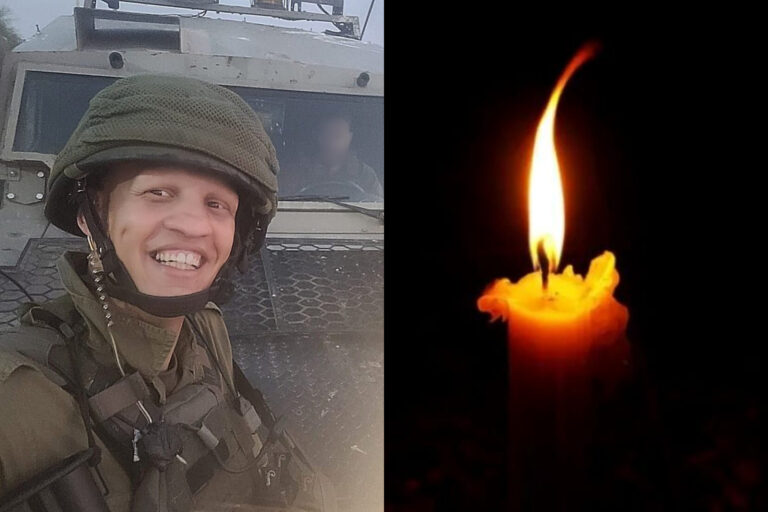

One Response
Oh great mullahs, do I have to quiver and quake in my shoes? Will I violate your orders if I try to view the latest videos online? Does your warning apply to a Jewish grandmother like me?